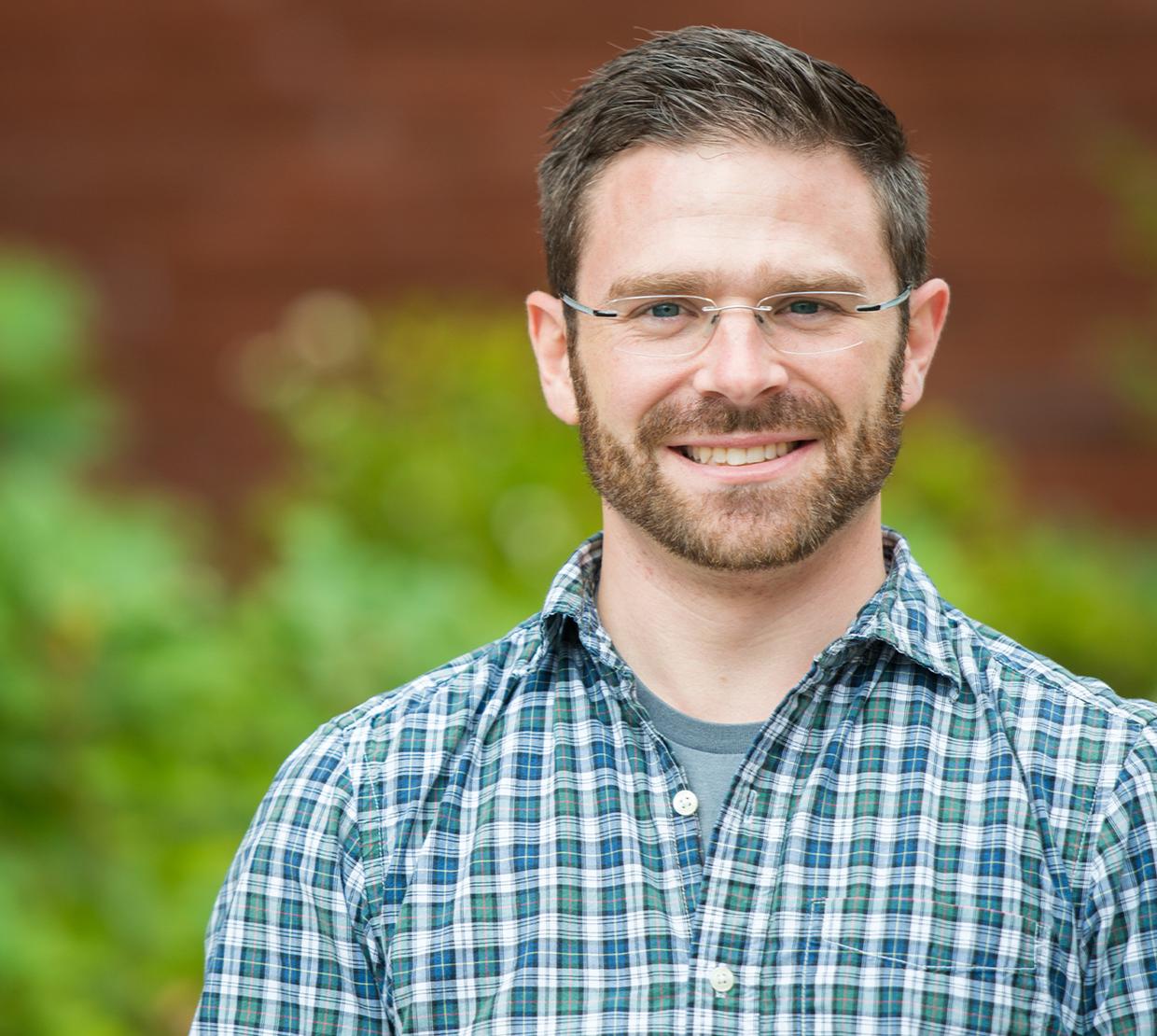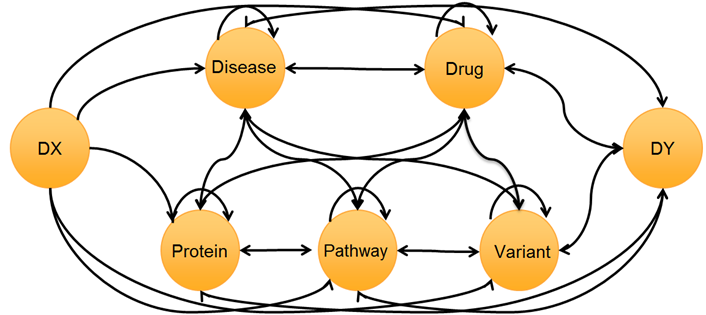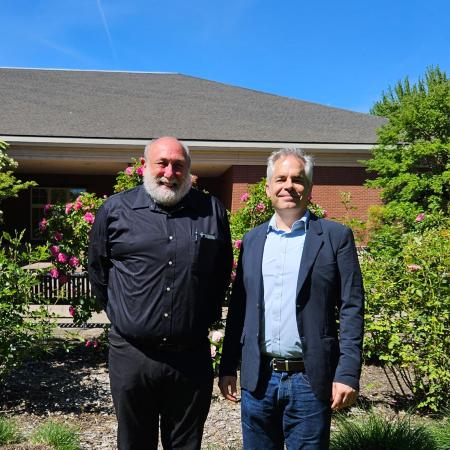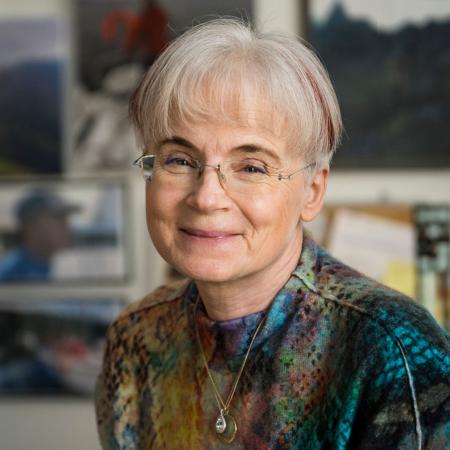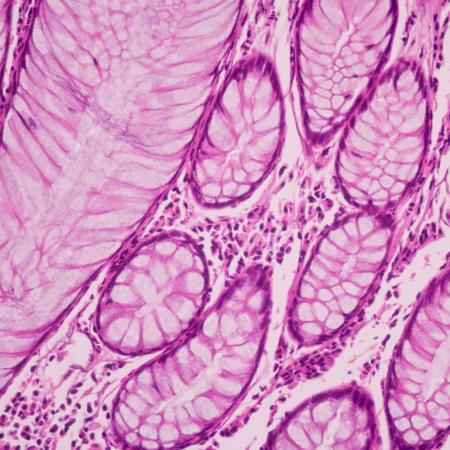Congratulations to Assistant Professor David Koslicki who was recently awarded an NIH grant from the National Center for Advancing Translational Sciences (NCATS). This $437K grant was awarded to Koslicki along with CO-PI’s Stephen Ramsey (OSU EECS/BioMed), Eric Deutsch (ISB Seattle), and Arnab Nandi (Ohio State University) and is the first NIH grant awarded to the OSU math department.
The goal of this project is to build a Biomedical Translator, which is a software system that connects various distributed databases of biomedical knowledge and has the capability to “reason” over these data sources to answer relevant biomedical questions such as: How does the drug atorvastatin protect against heart attacks? What genetic conditions might be protective against malaria? What genes are known to be associated with liver cancer?
Koslicki and his team employ a variety of graph algorithms (such as a modified Dijkstra algorithm, network flows, and graph clustering), probabilistic approaches (such as Markov chains, hidden Markov models, and Markov logic networks), along with other machine learning techniques to automate the answering of these biomedical questions. A small example of such a Markov chain is depicted below:
